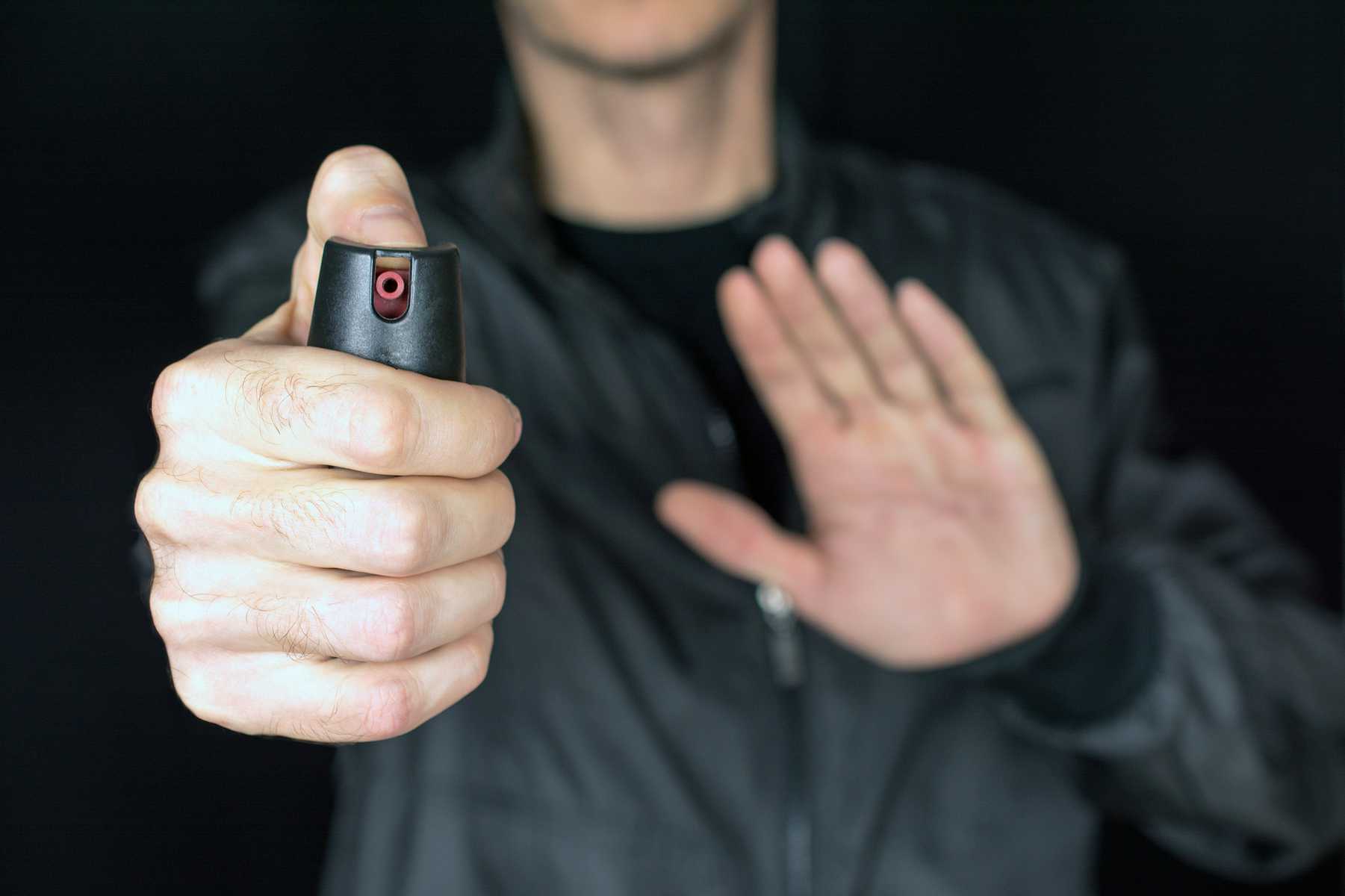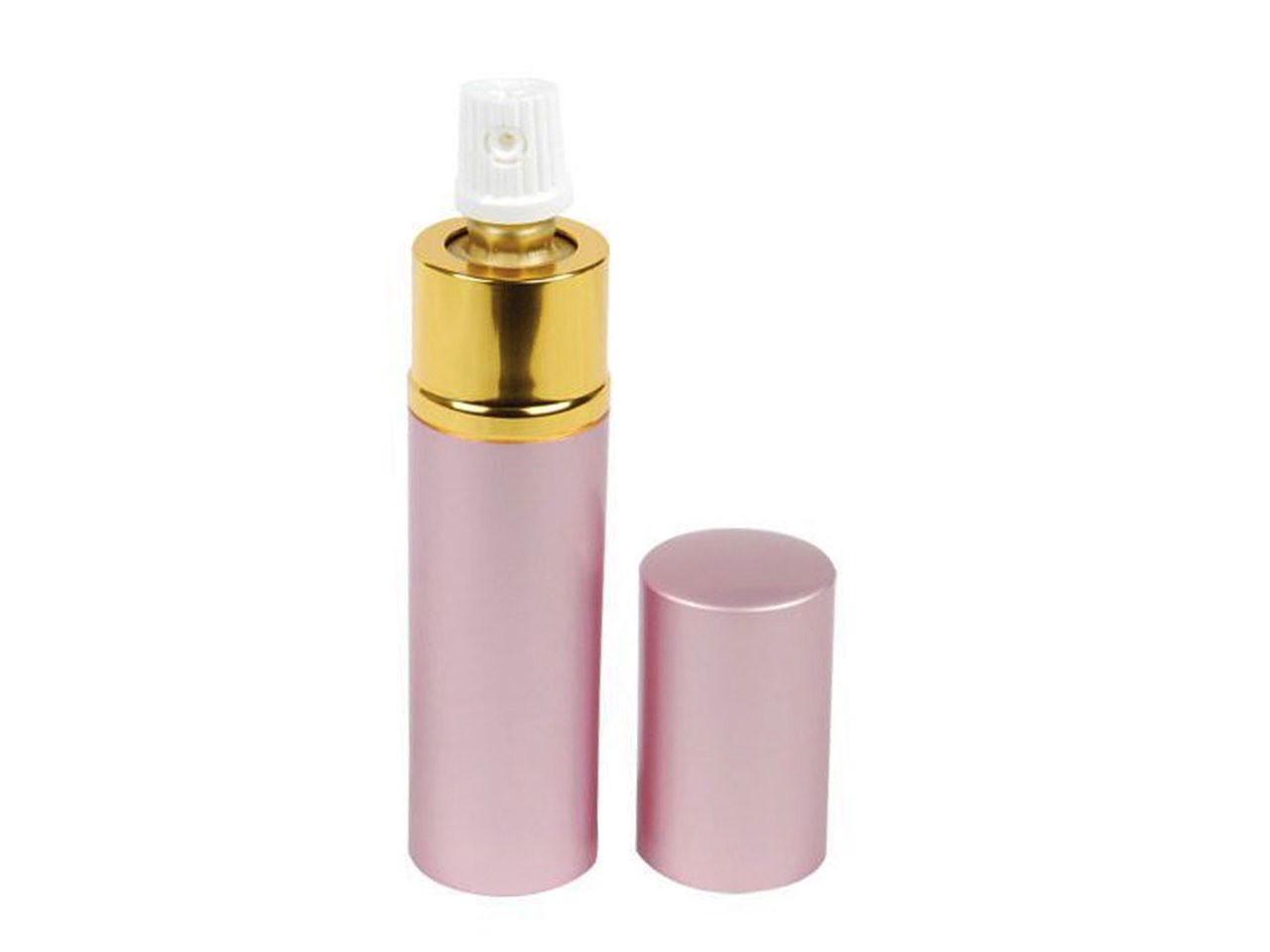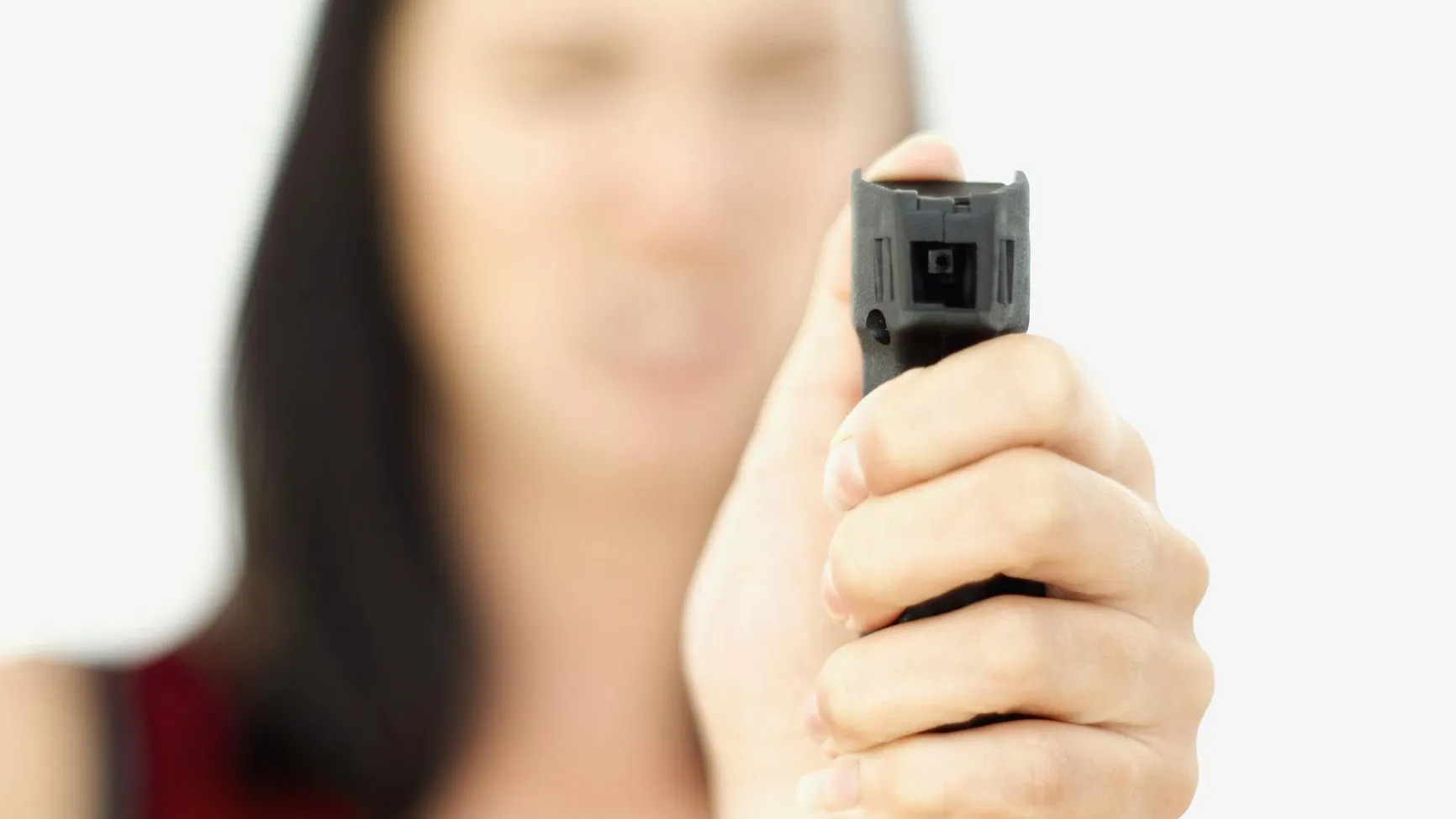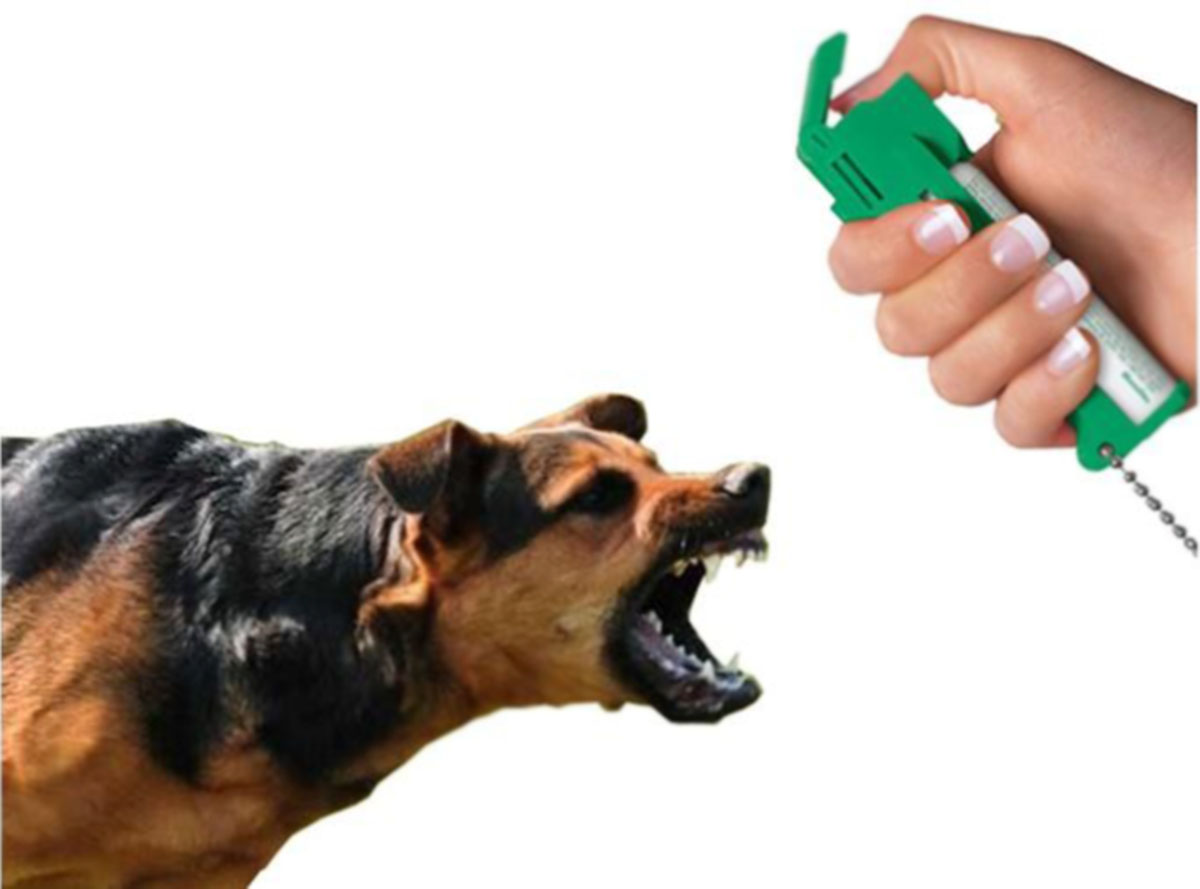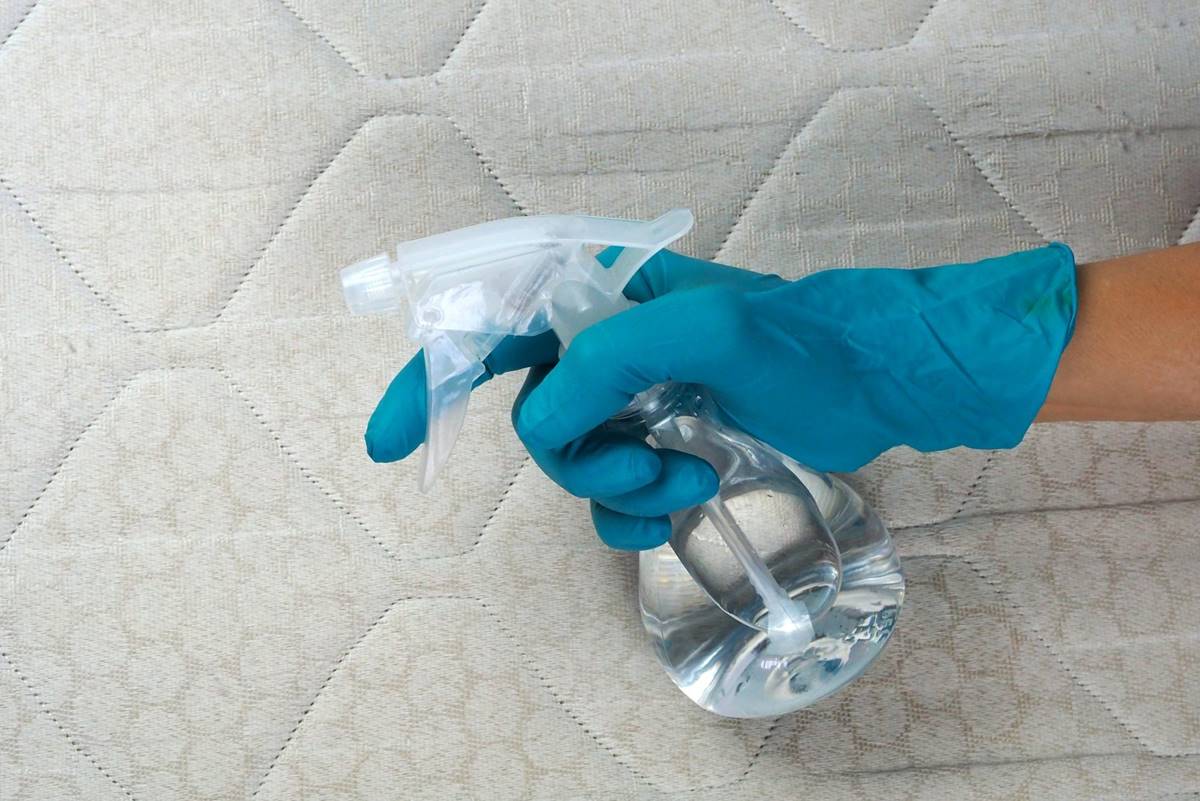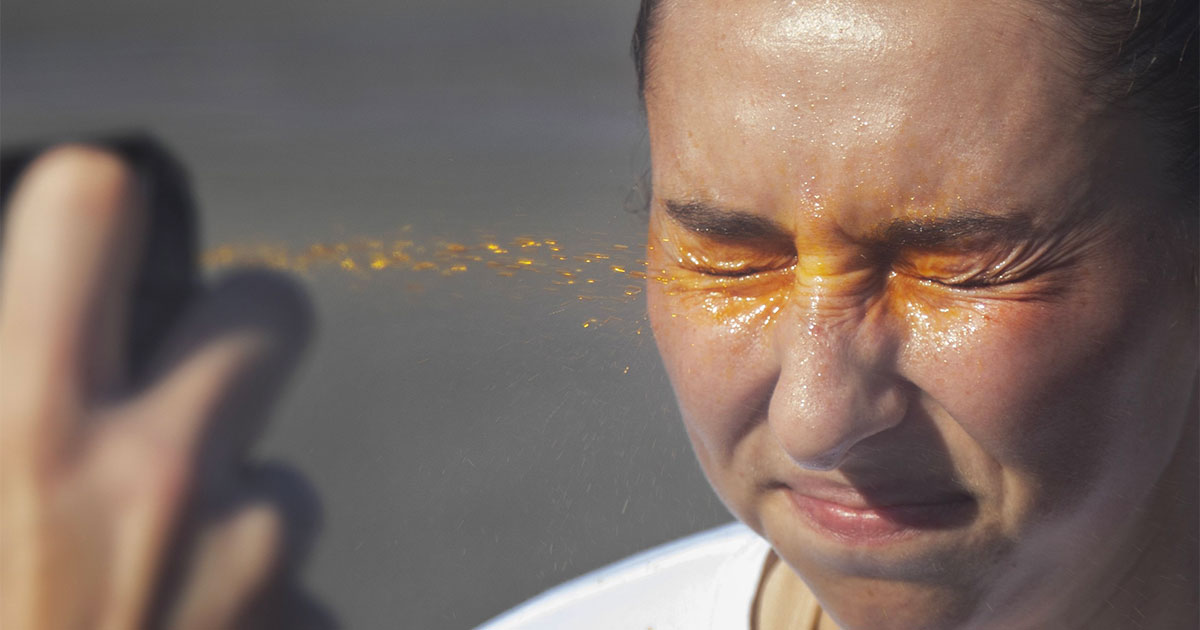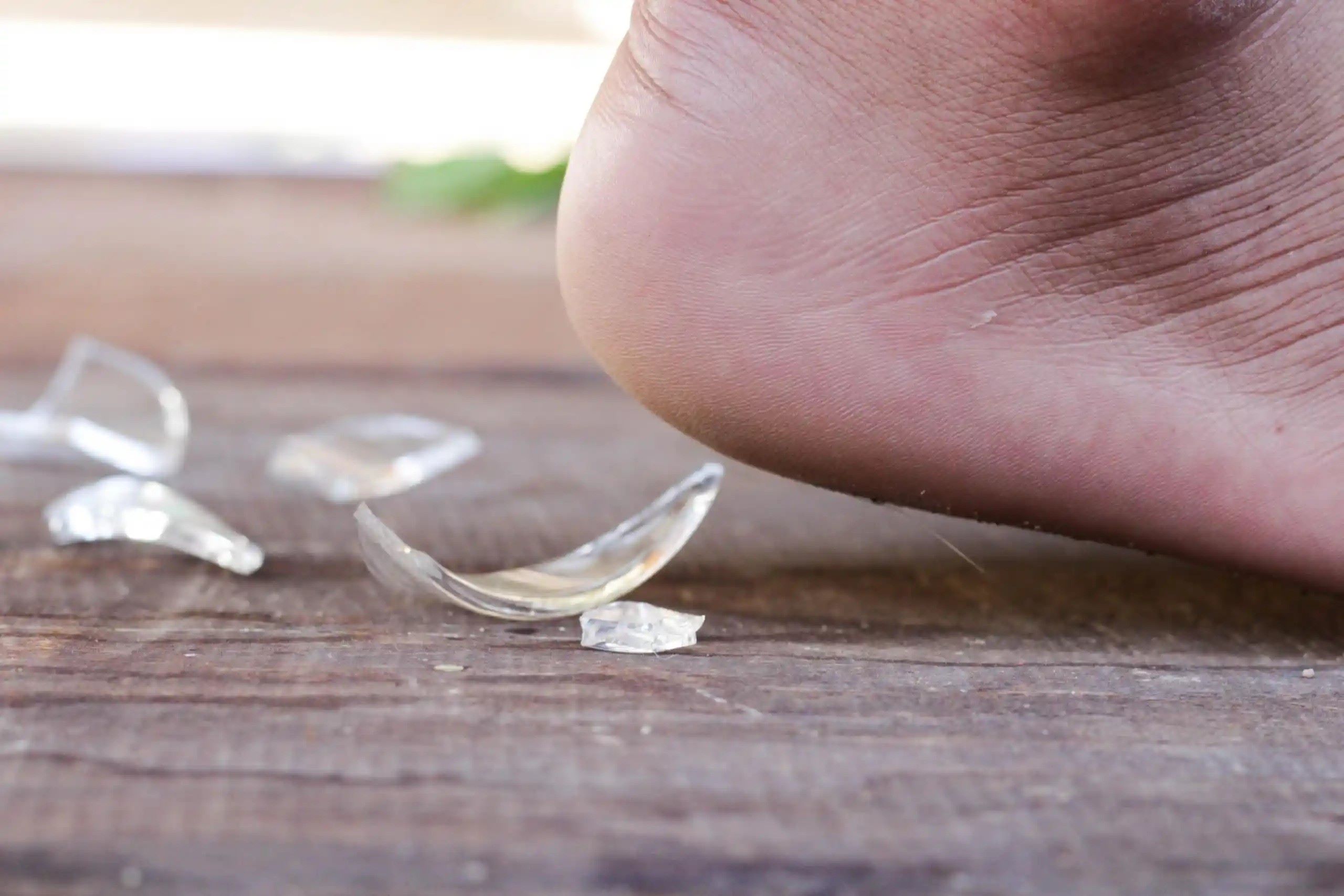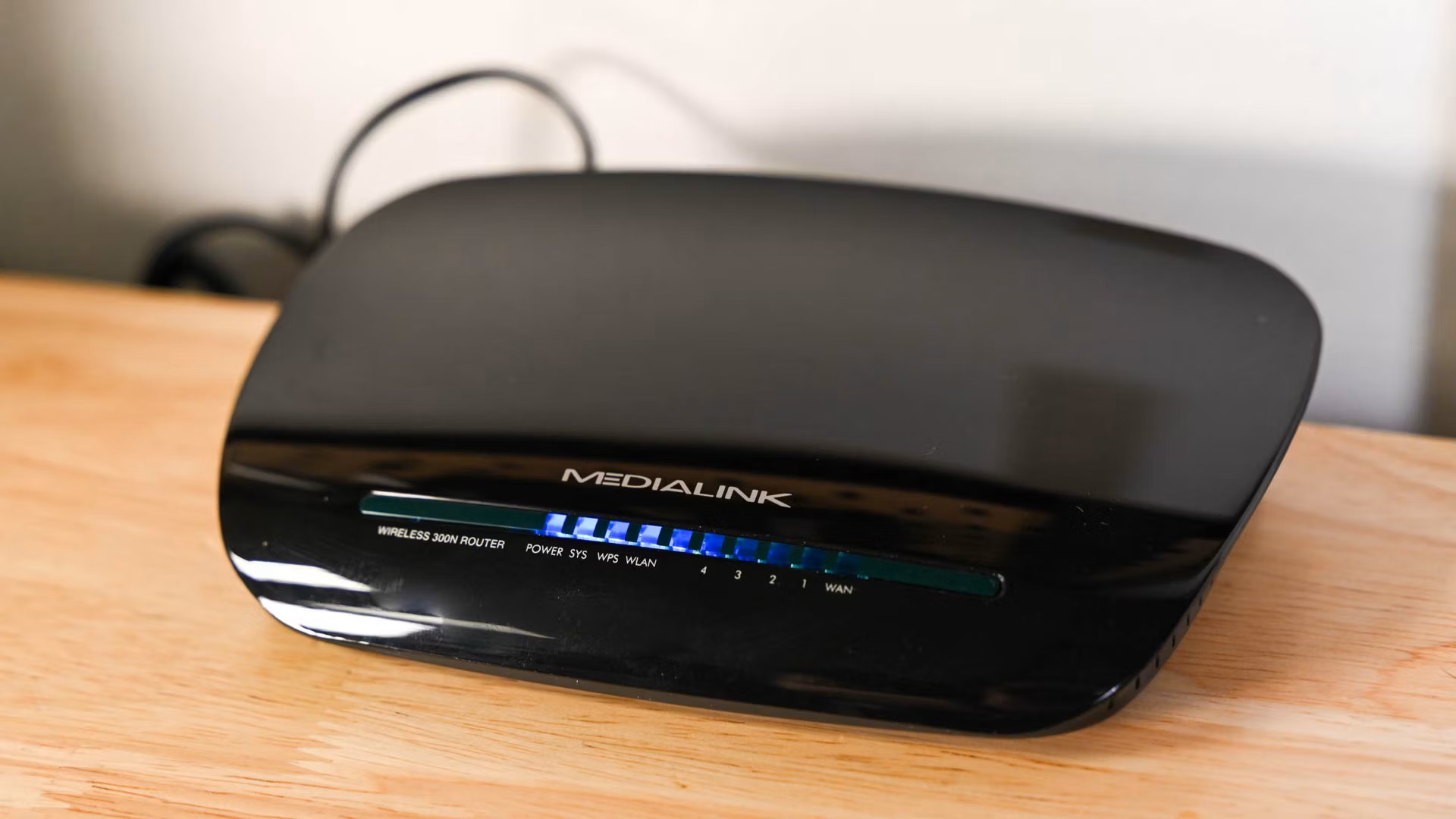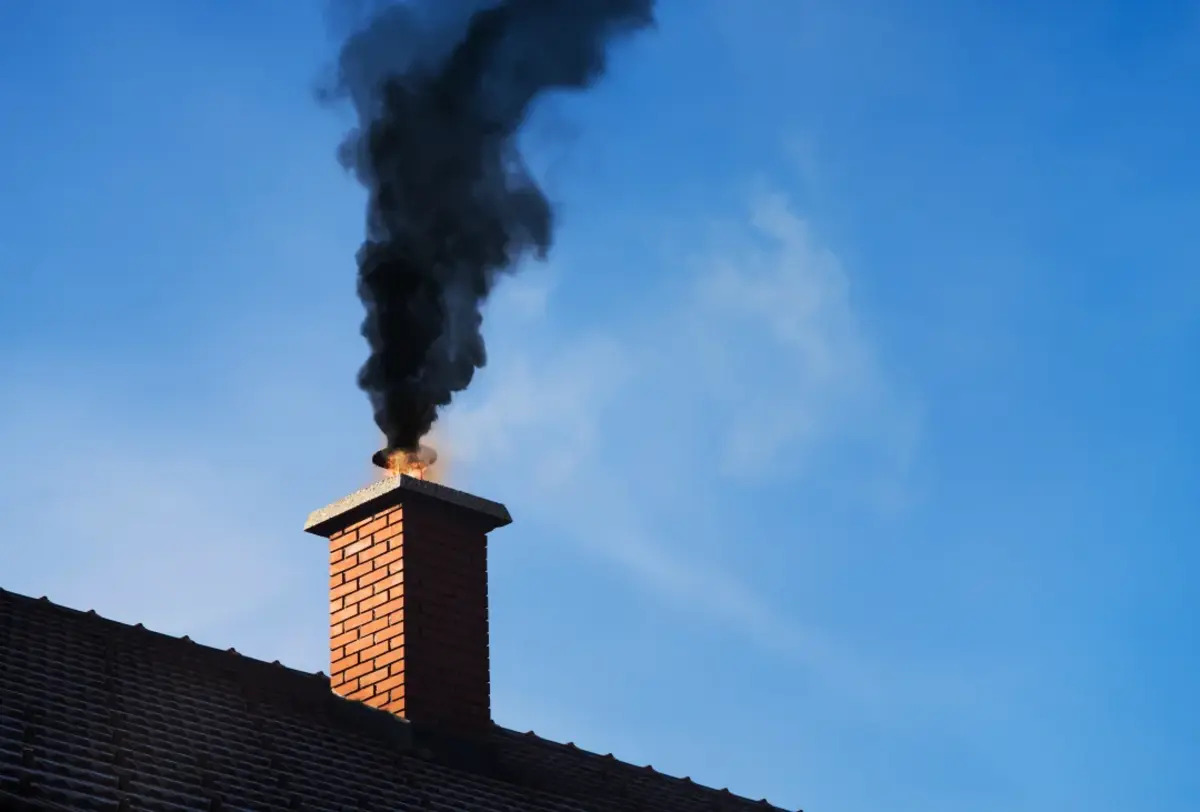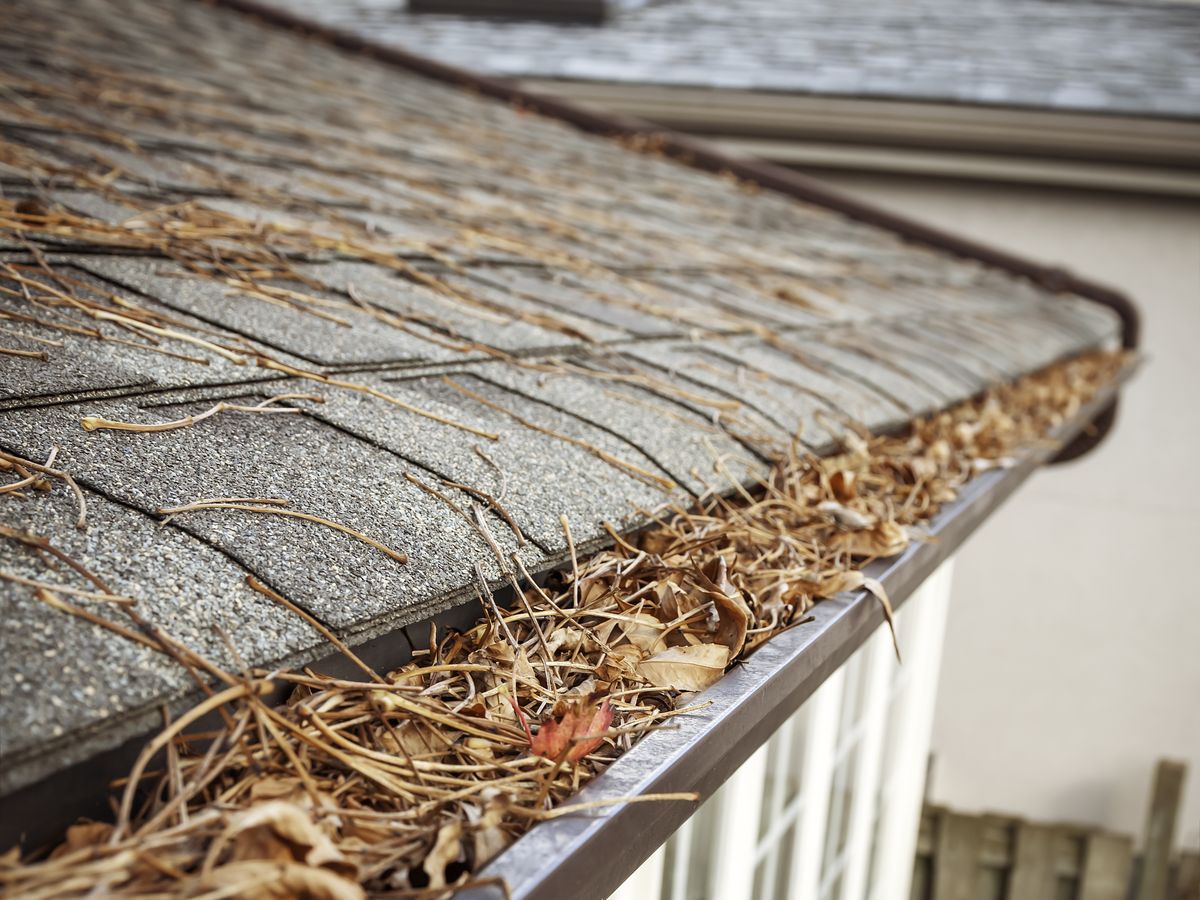Home>Furniture>Bedroom Furniture>What Happens If You Spray Alcohol On Your Mattress
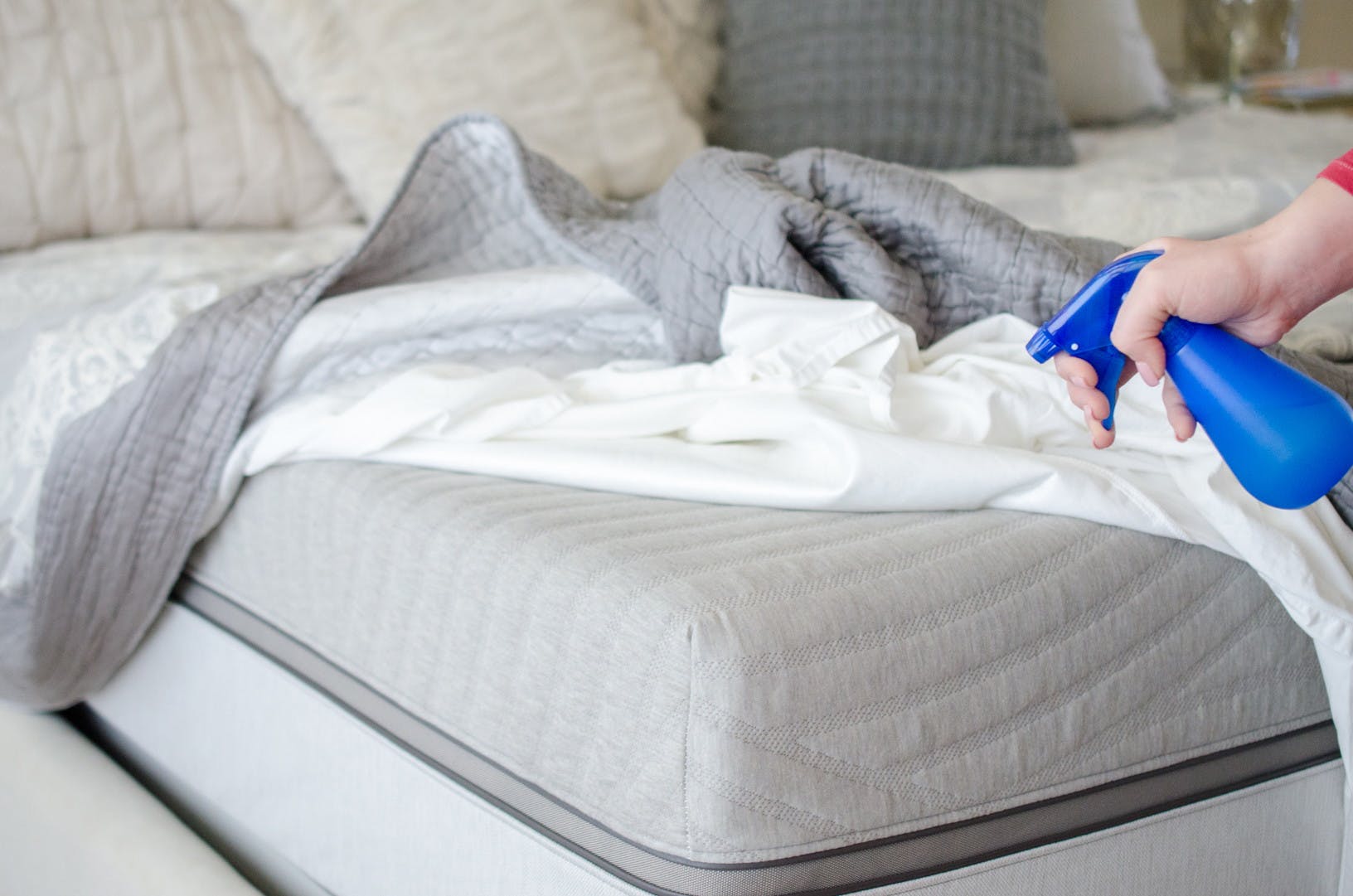

Bedroom Furniture
What Happens If You Spray Alcohol On Your Mattress
Modified: December 7, 2023
Discover the surprising effects of spraying alcohol on your bedroom furniture. Find out how it can help freshen up your mattress and remove odors.
(Many of the links in this article redirect to a specific reviewed product. Your purchase of these products through affiliate links helps to generate commission for Storables.com, at no extra cost. Learn more)
Introduction
When it comes to maintaining a clean and fresh sleeping environment, many people turn to different cleaning methods and products. One of the common queries that arise is whether it is safe and effective to spray alcohol on your mattress.
Before we delve into the potential risks and benefits of using alcohol as a cleaning agent for your mattress, let’s first understand the role of alcohol and why it is often used as a cleaning solution.
Alcohol, particularly isopropyl alcohol or rubbing alcohol, is known for its ability to kill bacteria and disinfect surfaces. Its ability to quickly evaporate also makes it an attractive option for cleaning purposes. However, it is important to assess the potential risks associated with using alcohol on your mattress before deciding whether it is a suitable cleaning method for you.
In this comprehensive guide, we will explore the potential risks of spraying alcohol on your mattress and provide alternative methods to clean and freshen your sleeping surface. So, let’s dive in!
Key Takeaways:
- Avoid spraying alcohol on your mattress as it can damage materials, pose a fire hazard, trigger allergies, and disrupt sleep. Opt for safer alternatives like vacuuming, spot cleaning, and using baking soda for a fresh and clean mattress.
- Prioritize safety and longevity by choosing gentle cleaning methods for your mattress. Vacuum regularly, spot clean stains, use baking soda for odor removal, and consider sunlight exposure. Your mattress will thank you for it!
Understanding the Role of Alcohol
Alcohol, especially isopropyl alcohol or rubbing alcohol, has long been used as a disinfectant and cleaning agent in various settings, including healthcare facilities and households. Its effectiveness in killing bacteria and viruses is well-documented. When applied to a surface, alcohol works by breaking down the cell membranes of microorganisms, effectively destroying them.
Isopropyl alcohol typically contains around 70% alcohol by volume (ABV), which is considered to be the optimal concentration for disinfection purposes. It is also important to note that higher concentrations of alcohol can be more effective in killing germs, but they also evaporate more quickly.
Alcohol is often preferred for cleaning purposes due to its rapid evaporation, which reduces the risk of leaving behind residue or moisture. This makes it an attractive option for cleaning electronic devices, hard surfaces, and even some fabrics.
However, it is crucial to note that alcohol is primarily effective against bacteria and viruses, not against other common mattress contaminants like dust mites or mold. These require different cleaning methods to be effectively addressed.
Now that we have a better understanding of alcohol’s role as a cleaning agent, let’s discuss the potential risks associated with spraying alcohol on your mattress.
Potential Risks of Spraying Alcohol on Your Mattress
While alcohol can be an effective cleaning agent in certain situations, it is important to consider the potential risks before using it on your mattress. Here are some of the risks associated with spraying alcohol directly on your sleeping surface:
- Damage to Mattress Materials: Alcohol has the potential to cause damage to certain mattress materials, especially those that are synthetic or have a sensitive finish. Spraying alcohol directly on the mattress can lead to discoloration, fading, or even deterioration of the fabric or foam over time.
- Fire Hazard: Alcohol is highly flammable, and using it near an open flame or heat source can be dangerous. Spraying alcohol on your mattress increases the risk of accidental ignition, potentially causing a fire or damage to your sleep environment.
- Allergic Reactions: Some individuals may have sensitivities or allergies to alcohol. Direct contact with alcohol on the mattress can cause skin irritation, redness, or even more severe reactions in those with allergies. It is important to consider these potential risks if you have a history of allergies or sensitive skin.
- Disruption of Sleep Environment: The strong smell of alcohol can linger on the mattress even after it has evaporated. This can disrupt your sleep environment and impact your overall sleep quality. Additionally, the residue left behind by alcohol may also attract dirt and debris, negating the cleaning benefits in the long run.
Considering these potential risks, it is advisable to explore alternative methods to clean and freshen your mattress effectively.
Damage to Mattress Materials
One of the potential risks of spraying alcohol directly on your mattress is the damage it can cause to the materials of the mattress itself. Mattresses are made of various materials, including foams, fabrics, and synthetic fibers, which can be sensitive to certain cleaning agents like alcohol.
Alcohol has the potential to cause discoloration, fading, or even deterioration of the fabric or foam over time. The chemicals in alcohol can break down the molecular structure of these materials, leading to changes in texture, appearance, and overall durability.
For synthetic materials, such as polyester or nylon, alcohol can weaken the fibers and cause them to become brittle or more prone to tearing. Natural materials like cotton or wool can also be negatively affected by alcohol, potentially leading to shrinkage, stretching, or loss of elasticity.
To avoid damaging your mattress materials, it is recommended to use gentle cleaning methods that are specifically designed for mattress care. This may include using mild detergents or enzyme-based cleaners that target specific stains or odors without compromising the integrity of the materials.
If you do decide to use alcohol as a cleaning agent for your mattress, it is crucial to test it on a small, inconspicuous area first to assess any potential adverse effects. This way, you can determine how the alcohol will interact with your particular mattress materials before applying it more extensively.
By being mindful of the potential damage that alcohol can cause to your mattress materials, you can ensure the longevity and quality of your sleeping surface.
Fire Hazard
One of the major risks associated with spraying alcohol on your mattress is the potential fire hazard it poses. Alcohol is highly flammable and can easily ignite when exposed to an open flame or heat source.
When you spray alcohol on your mattress, it creates a fine mist that can spread over a larger area. If this mist comes into contact with a nearby flame, such as a candle, cigarette, or even an electrical appliance, it can quickly catch fire and lead to serious damage.
The risk of a fire hazard is especially high if you are not careful with the amount of alcohol you use or if you accidentally spray it near an open flame without realizing it.
To mitigate the risk of a fire hazard, it is best to refrain from using alcohol as a cleaning agent for your mattress. Instead, opt for safer alternatives that pose minimal risk, such as vacuuming, spot cleaning with mild detergents, or using a mattress protector or cover that can be easily removed and washed separately.
If you do choose to use alcohol for cleaning purposes, exercise extreme caution. Ensure that there are no open flames or heat sources nearby and that the room is well-ventilated to prevent the accumulation of any flammable vapors.
Overall, the high flammability of alcohol makes it a significant fire hazard when used on a mattress. It is always better to prioritize safety and opt for alternative cleaning methods that do not pose such risks.
It is not recommended to spray alcohol on your mattress as it can be a fire hazard and may damage the fabric. Instead, use a fabric-safe disinfectant spray or a mixture of water and vinegar for cleaning.
Allergic Reactions
Another potential risk of spraying alcohol on your mattress is the possibility of triggering allergic reactions. While alcohol itself is not a common allergen, it can still cause irritations and sensitivities in some individuals, especially those with sensitive skin or pre-existing allergies.
Direct contact with alcohol on the mattress can cause skin irritation, redness, itching, and even more severe allergic reactions in susceptible individuals. This is particularly true for those with a history of allergic reactions to cleaning products or substances commonly found in household items.
In addition to the direct contact, the strong smell of alcohol can also be overwhelming for some people and potentially trigger allergic responses, such as sneezing, coughing, or nasal congestion.
If you have a known allergy to alcohol or any sensitivities to cleaning agents, it is best to avoid using alcohol directly on your mattress. Instead, opt for hypoallergenic cleaning methods or products that are specifically designed to be gentle on the skin and minimize the risk of allergic reactions.
Always check the ingredients and labels of any cleaning products you use to ensure they are safe for your skin and allergies. If you are unsure about a particular product or its potential allergenicity, it is advisable to consult with a healthcare professional or allergist before using it on your mattress.
By being cautious and mindful of potential allergic reactions, you can prioritize your health and well-being while maintaining a clean and fresh sleeping environment.
Disruption of Sleep Environment
Spraying alcohol directly on your mattress can lead to a disruption of your sleep environment, affecting your overall sleep quality and comfort. The strong smell of alcohol can linger on the mattress long after it has dried, potentially causing discomfort or respiratory irritation.
Many people prefer a clean and fresh scent in their bedrooms, and the residual odor of alcohol can be overpowering and unpleasant. This can make it difficult to relax and fall asleep, ultimately impacting the quality of your rest.
In addition to the lingering smell, the residue left behind by alcohol on the mattress may attract dust, dirt, and other particles. This can negate the cleaning benefits of using alcohol in the first place, as you may end up with a mattress that is just as dirty or even dirtier than before.
To maintain a sleep-friendly environment, it is advisable to choose alternative methods to clean and freshen your mattress. Regular vacuuming, spot cleaning with mild detergents, or using baking soda as a natural deodorizer are effective options that minimize disruption to your sleep environment.
If you still prefer using alcohol as a cleaning agent, ensure that the mattress is thoroughly aired out and ventilated before using it. Consider covering the mattress with a mattress protector or encasement to minimize direct contact with any residual alcohol.
By prioritizing a comfortable and pleasant sleep environment, you can promote better sleep quality and overall well-being.
Alternative Methods to Clean and Freshen Your Mattress
If you’re looking for effective and safe ways to clean and freshen your mattress without the risks associated with using alcohol, there are several alternative methods you can consider. Here are some options:
- Vacuuming: Regular vacuuming is an essential part of mattress maintenance. Use the upholstery attachment on your vacuum cleaner to remove dust, dirt, and other particles from the surface and crevices of your mattress. Pay special attention to areas where allergens and debris may accumulate, such as seams and edges.
- Spot Cleaning: For stains or spills on your mattress, spot cleaning with mild detergents can be effective. Mix a small amount of mild liquid soap or detergent with warm water, and use a clean cloth or sponge to gently blot the stain. Avoid saturating the mattress with excessive moisture, as this can lead to mold or mildew growth.
- Baking Soda: Baking soda is a natural deodorizer that can help eliminate odors from your mattress. Sprinkle a generous amount of baking soda over the surface, and let it sit for several hours or overnight. Then, vacuum the mattress to remove the baking soda along with any trapped odors.
- Sunlight Exposur: Allowing your mattress to receive sunlight exposure can help kill bacteria, mold, and mildew naturally. On a sunny day, remove the mattress cover or sheets and place it in a well-ventilated area, preferably outdoors. Sunlight has natural disinfecting properties that can freshen and revitalize your mattress.
- Mattress Protectors: Using a mattress protector or encasement can help prevent stains, spills, and dust accumulation on your mattress. These protective covers act as a barrier, keeping your mattress cleaner and extending its lifespan. Look for waterproof and hypoallergenic options for added protection.
In addition to these cleaning methods, maintaining good hygiene practices such as regularly washing your bedsheets and pillowcases, and rotating or flipping your mattress can also contribute to a cleaner and fresher sleep environment.
Remember, prevention is key when it comes to mattress care. Using mattress protectors, practicing good hygiene, and avoiding eating or drinking in bed can help prevent stains and the accumulation of dirt and odor.
By adopting these alternative cleaning and maintenance methods, you can keep your mattress clean, fresh, and in optimal condition without the risks associated with using alcohol.
Conclusion
When it comes to cleaning and freshening your mattress, it’s important to consider the potential risks and choose the methods that are safe and effective. While alcohol can be a powerful disinfectant, spraying it directly on your mattress can have adverse effects.
The potential risks of spraying alcohol on your mattress include damage to mattress materials, fire hazard, allergic reactions, and disruption of the sleep environment. These risks can compromise the durability of the mattress, pose a safety hazard, cause skin irritation or allergies, and disrupt your sleep quality.
Instead of using alcohol, there are alternative methods to clean and freshen your mattress. Vacuuming regularly, spot cleaning with mild detergents, using baking soda as a natural deodorizer, and allowing sunlight exposure can effectively maintain a clean and fresh sleep surface. Additionally, using mattress protectors or encasements can provide an extra layer of protection against stains and dirt accumulation.
By being aware of the potential risks and exploring safer alternatives, you can ensure the longevity, cleanliness, and comfort of your mattress. Remember to always prioritize your safety and health when choosing cleaning methods.
So, the next time you’re looking to give your mattress a refresh, consider using alternative methods that are gentle, effective, and free from the risks associated with spraying alcohol. Your mattress will thank you for it, and you’ll enjoy a clean and comfortable sleeping environment.
Frequently Asked Questions about What Happens If You Spray Alcohol On Your Mattress
Was this page helpful?
At Storables.com, we guarantee accurate and reliable information. Our content, validated by Expert Board Contributors, is crafted following stringent Editorial Policies. We're committed to providing you with well-researched, expert-backed insights for all your informational needs.

